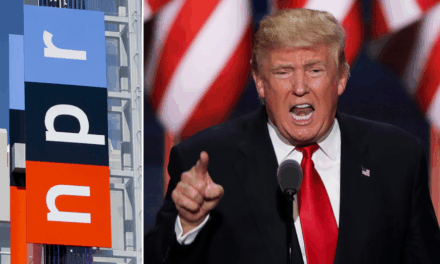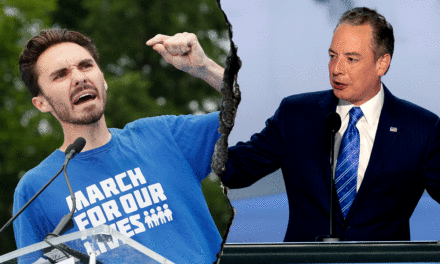Recent developments have brought to light a disturbing trend concerning former President Donald Trump’s rhetoric and its potential consequences. Democrats and political analysts are increasingly sounding the alarm about the possible link between Trump’s inflammatory language and another attempt on his life. This growing concern illuminates the pressing issue of political discourse and its impact on real-world violence.
The issue escalated after a recent incident where a threat against Trump was intercepted, marking the second such serious attempt on his life. Democrats are pointing out that Trump’s own words may have played a role in provoking such extreme actions. Speaking on the matter, several prominent Democrats have stated that Trump’s often divisive and incendiary remarks have been fueling a dangerous environment, which could spur individuals towards radical actions.
“Trump’s rhetoric is a very big part of the problem,” noted one Democratic leader. This sentiment is echoed by numerous political analysts who have been scrutinizing the former president’s speeches, tweets, and public statements. They argue that his style of communication, characterized by bombast and aggression, may be contributing to an increasing climate of hostility and violence.
Pundits also highlight that Trump’s rhetoric has not only polarized the country but has also created a faction of fervent supporters who might take his statements literally and feel emboldened to act out violently. The contentious environment fostered by such rhetoric does not just put public figures at risk but potentially threatens the democratic fabric of the nation.
Some examples of Trump’s contentious remarks include calling his political opponents derogatory names, denouncing the press as “the enemy of the people,” and making unsubstantiated claims about electoral fraud. Such statements, analysts argue, undermine trust in democratic institutions and contribute to a toxic political climate where extreme measures are anticipated and even justified by certain individuals.
In light of the latest threat, there is mounting pressure on both public figures and media platforms to reconsider how political discourse is managed. The role of social media platforms also comes under scrutiny, as they serve as an amplifier for such incendiary rhetoric. Calls for more stringent regulations and oversight on these platforms are becoming louder to ensure that dangerous speech is curbed.
As the nation’s political climate remains highly charged, the connection between rhetoric and real-world violence becomes an ever more pressing issue. Both democrats and political analysts agree that addressing this concern requires a collective effort to promote more responsible and constructive political discourse. The hope is that by fostering a more respectful and fact-based dialogue, the cycle of hostility and violence can be broken.
This incident underscores the critical need for all public figures to reflect on their words and the potential consequences they may have. It is an urgent call to action in ensuring that rhetoric does not become the catalyst for violence but a tool for democratic engagement and constructive political debate.
































